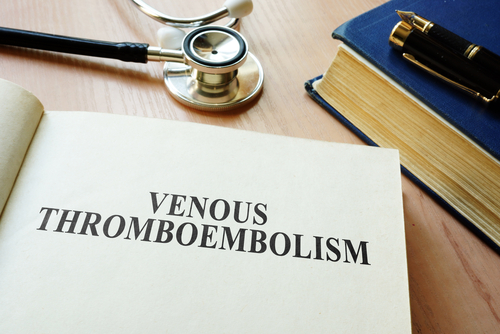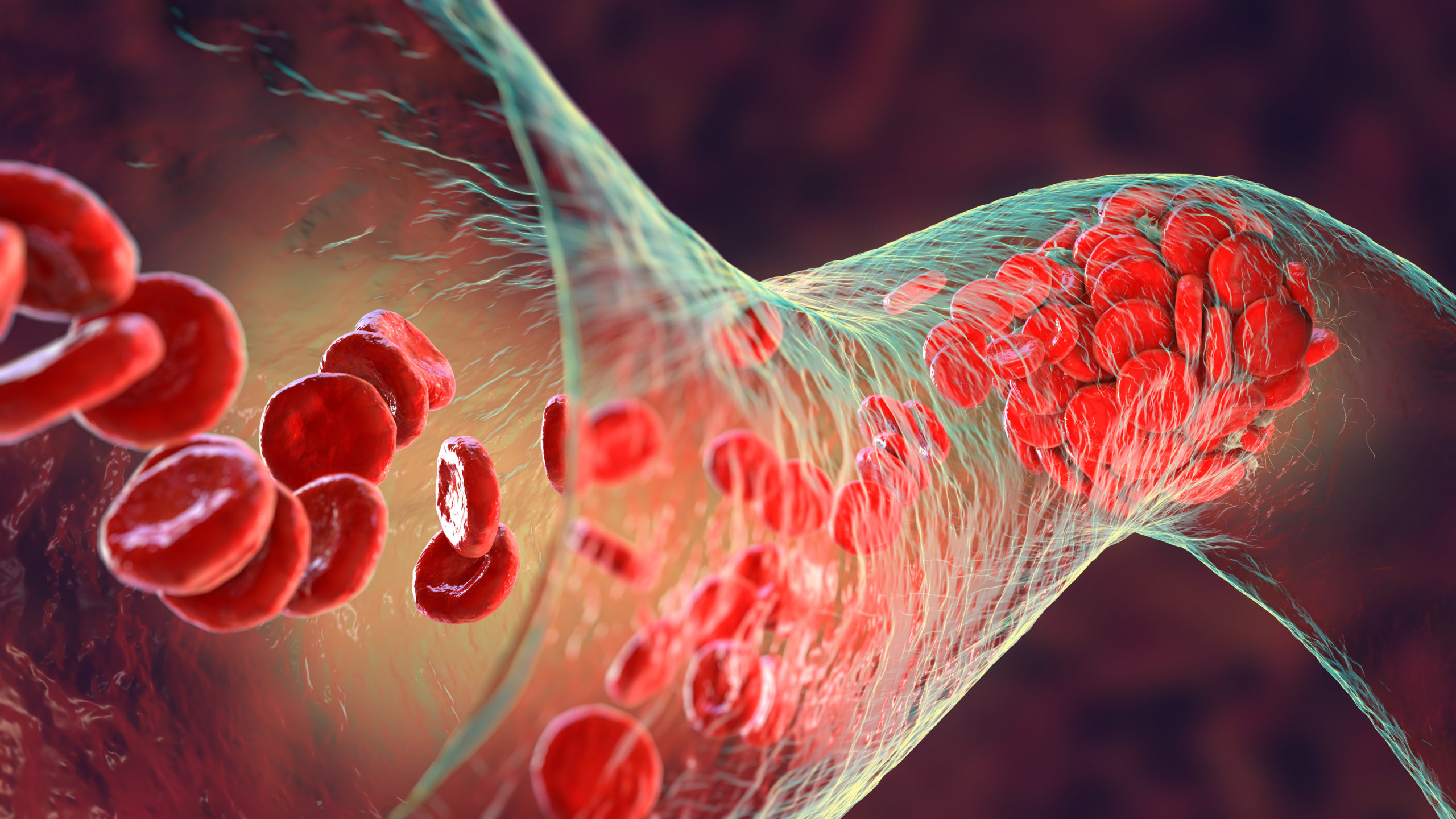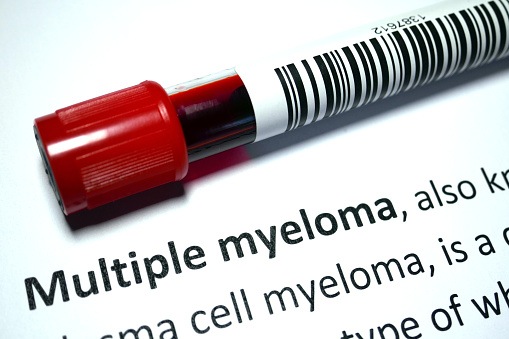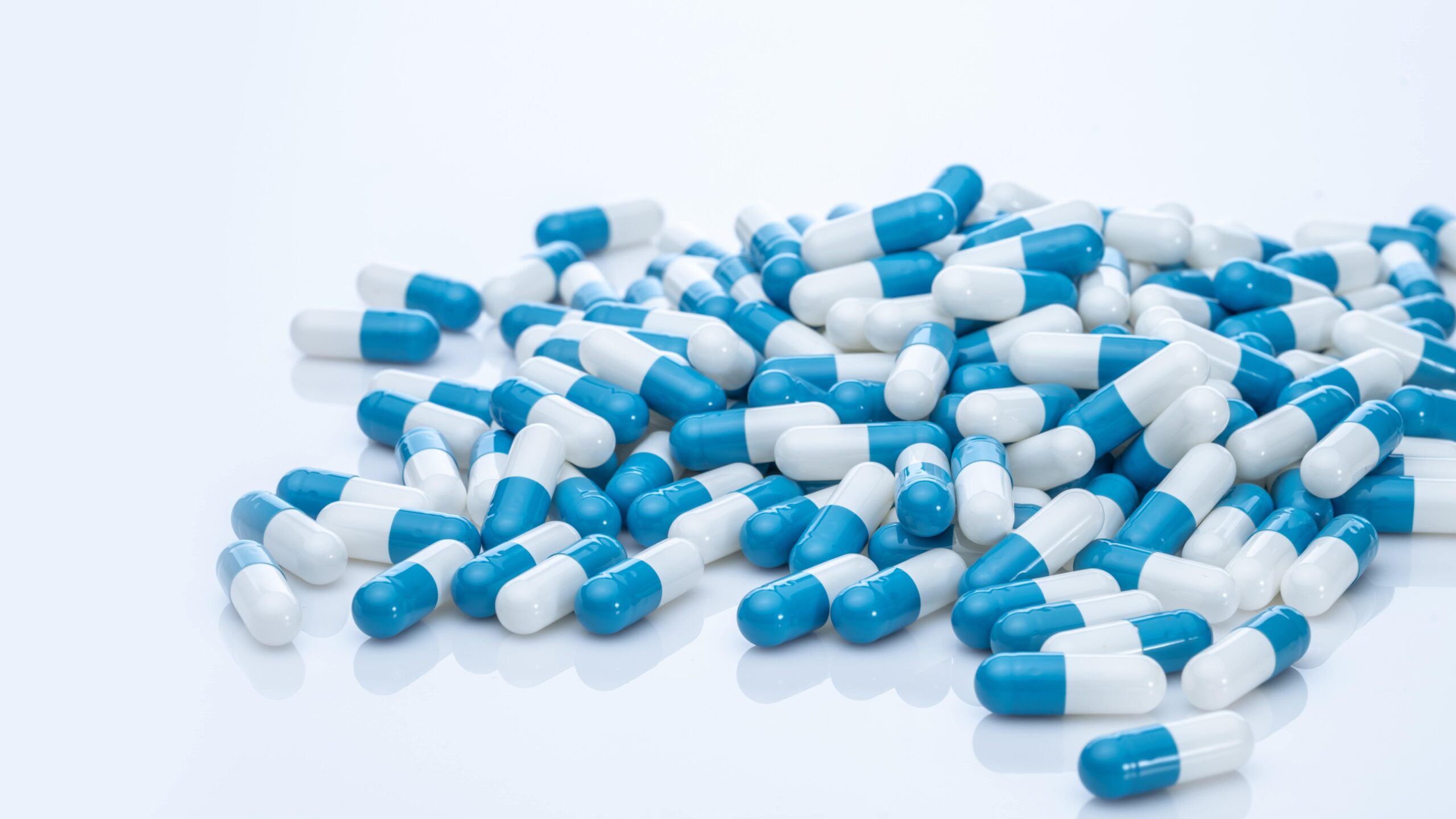
A large population study, published in The Journal of Bone and Joint Surgery, has compared different venous thromboembolism (VTE) chemoprophylactic agents used to treat patients who have undergone total knee arthroplasty (TKA) and found aspirin to be the safest.
“[L]ow-dose aspirin is a safe and effective method of prophylaxis in patients across various [VTE] risk profiles” in TKA, the investigators concluded from their findings. They noted these results support the 2022 International Consensus Meeting on VTE’s (ICM-VTE) naming of low-dose aspirin as the most effective VTE prophylaxis agent for patients undergoing joint arthroplasty.
This study was based on national database information from 126,692 patients who underwent TKA across 60 health care organizations. From these data, the investigators established patients’ degrees of VTE risk based on comorbidity criteria from the ICM-VTE, assigning them into high- and low-risk categories. For the 2012 to 2022 period, they determined what proportion of the patients had received a low-dose (81 mg) aspirin regimen instead of nonaspirin VTE chemoprophylaxis, using propensity-matched cohorts to compare the two treatment groups’ risks for comorbidities during the 90-day postoperative period.
Over 2012 to 2022, the proportion of patients on low-dose aspirin increased from 7.65% to 55.29% while that on nonaspirin prophylaxis decreased from 96.25% to 42.98%. Comparing high-VTE-risk and low-VTE-risk patients’ use of a low-dose, aspirin-only regimen in the same period, the use increased in both populations to approximately 50%, with patients in the latter group more likely to make such an increase (odds ratio, 1.17; 95% CI, 1.15 to 1.20).
In both the high- and low-VTE-risk patient groups, the investigators saw that the low-dose, aspirin-only cohorts had reduced odds of bleeding events, deep vein thrombosis, hospitalization, infections, and pulmonary embolus compared with patients on nonaspirin regimens.
Reference
Lavu MS, Porto JR, Hecht CJ 2nd, et al. Low-dose aspirin is the safest prophylaxis for prevention of venous thromboembolism after total knee arthroplasty across all patient risk profiles. J Bone Joint Surg Am. 2024. doi:10.2106/JBJS.23.01158







 © 2025 Mashup Media, LLC, a Formedics Property. All Rights Reserved.
© 2025 Mashup Media, LLC, a Formedics Property. All Rights Reserved.